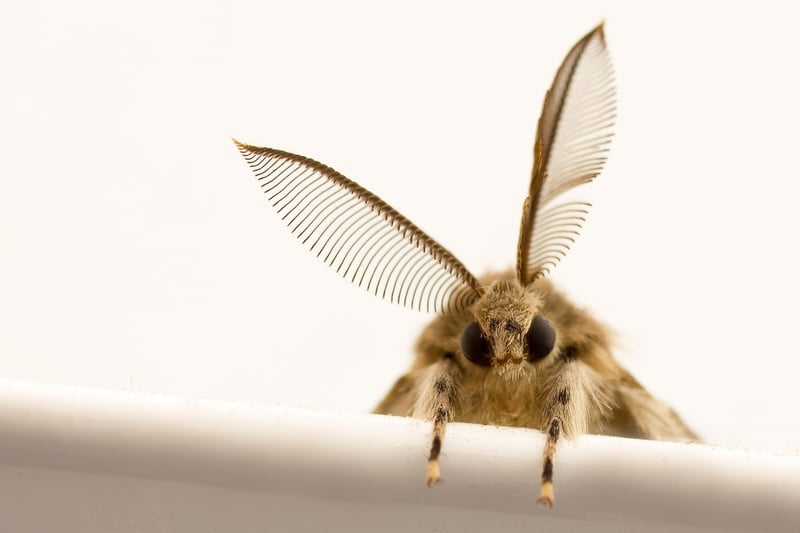Beneficial Insects
Managing Garden Pests and Beneficial Insects
Gardening can be a rewarding experience, but dealing with pests can be a challenge. However, not all insects in your garden are harmful. Some insects can actually benefit your garden by preying on pests, pollinating flowers, or improving soil health. Let's explore how you can manage garden pests while attracting beneficial insects to create a healthy and thriving garden ecosystem.
Identifying Garden Pests
Before you can effectively manage garden pests, it's important to identify them. Common garden pests include aphids, caterpillars, snails, and slugs. Look for chewed leaves, distorted growth, or insect presence on plants to determine the type of pest affecting your garden.
Organic Pest Control Methods
Instead of resorting to chemical pesticides that can harm beneficial insects and the environment, consider using organic pest control methods. Some effective techniques include:
- Handpicking pests off plants
- Using insecticidal soaps or neem oil
- Encouraging natural predators like ladybugs and lacewings
- Planting companion plants that repel pests
Attracting Beneficial Insects
Beneficial insects play a crucial role in maintaining a healthy garden. To attract these helpful bugs, consider the following strategies:
- Plant a diverse range of flowers to attract pollinators like bees and butterflies
- Include plants that provide food and shelter for beneficial insects
- Avoid using broad-spectrum pesticides that can kill beneficial insects
Beneficial Insects to Welcome in Your Garden
Some common beneficial insects that you should welcome in your garden include:
- Ladybugs: They feed on aphids, mealybugs, and other soft-bodied pests
- Praying mantis: They are skilled predators that eat a variety of insects
- Lacewings: Their larvae feed on aphids, mites, and other pests
- Hoverflies: They pollinate plants and their larvae eat aphids
Creating a Balanced Ecosystem
By effectively managing garden pests and attracting beneficial insects, you can create a balanced ecosystem in your garden. This natural approach not only helps control pests but also promotes biodiversity and sustainability in your gardening practices.
Remember, a healthy garden is a diverse garden that welcomes both plants and insects to coexist harmoniously.

Embrace the presence of beneficial insects in your garden while taking steps to manage harmful pests naturally. Your garden will thrive with a little help from these tiny allies!
